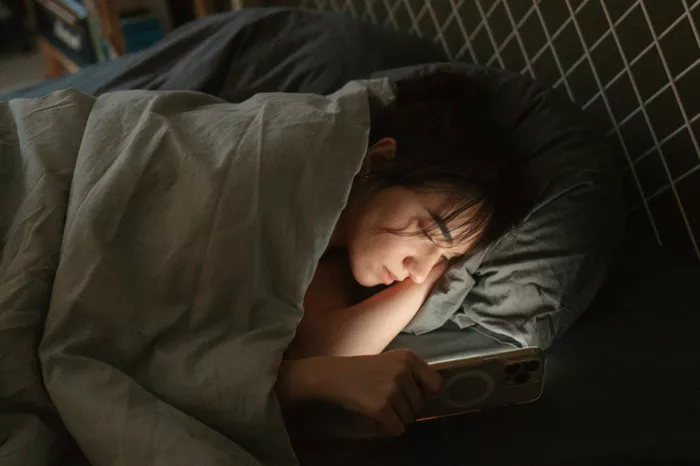A groundbreaking study from the University of Nottingham has found that individuals who experience poor sleep quality are more likely to believe in conspiracy theories, with depression playing a significant role in this connection.
Researchers from the University’s School of Psychology conducted two separate studies involving over 1,000 participants, exploring the relationship between sleep quality and conspiracy beliefs. The findings, published in the Journal of Health Psychology, suggest that individuals with poor sleep quality in the past month were more inclined to accept conspiracy theories, especially when exposed to content promoting these beliefs.
Conspiracy theories typically claim that secretive and powerful groups manipulate events for their own gain, often at the expense of society. These beliefs can have far-reaching implications, including fostering vaccine hesitancy, climate change skepticism, and a general mistrust in political institutions.
In the first study, 540 participants were assessed for their sleep quality before being asked to read an article about the Notre Dame Cathedral fire in Paris. Half of the participants were exposed to a conspiracy theory suggesting a deliberate cover-up, while the other half read a factual report attributing the fire to an accidental cause. The results revealed that those who reported poorer sleep quality were more likely to believe the conspiratorial account.
The second study, which involved 575 participants, delved deeper into the psychological factors that may explain the connection between poor sleep and conspiracy beliefs. The study found that poor sleep quality and insomnia were directly linked to an increased likelihood of endorsing conspiracy theories. Depression emerged as a key psychological mechanism, while anger and paranoia also played a role, although their impact was less consistent.
Dr. Daniel Jolley, Assistant Professor in Social Psychology and lead researcher on the project, explained that sleep is vital for mental well-being and cognitive function. “Poor sleep has been shown to increase the risk of depression, anxiety, and paranoia—factors that are also linked to conspiracy beliefs,” Dr. Jolley said. “Our research suggests that improving sleep quality could be an important step in reducing susceptibility to conspiratorial thinking.”
The findings underscore the potential of sleep-focused interventions to help mitigate the spread of conspiracy theories. By addressing poor sleep quality, individuals may be better equipped to critically assess information and resist the influence of misleading narratives.
Related topic:
Study Reveals Higher Mortality Risk for Arthritis Patients with COPD
Water Aerobics Effective for Weight Loss and Waist Reduction, Study Finds
Teen Births in West Virginia Linked to Lower Birth Weight and Health Risks


